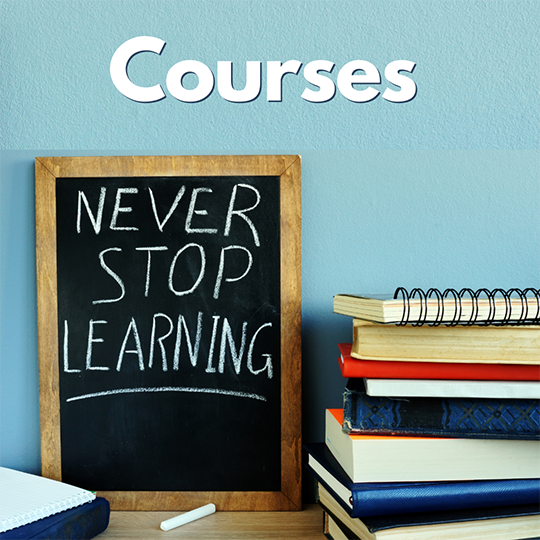
"What education has to impart is an intimate sense for the power of ideas, for the beauty of ideas, and for the structure of ideas, together with a particular body of knowledge which has peculiar reference to the life of the being possessing it."
~Alfred North Whitehead
Transforming Education for Ecological Civilization
At the Cobb Institute Learning Lab, we think that more important for students than learning to do research is personal growth and wisdom. We think that more important for the world than teaching everyone how to do value-free research is having millions of people studying how to create an ecological civilization without which the human future looks very bleak. We hope we can find ways to involve local educational institutions individually and collectively in serious discussion of their responsibility to students, humanity, and the entire world.
Upcoming Offerings
Exploring the Connections Between Philosophical and Musical Modes of Becoming
This three-session conversation explores connections between process philosophy and music, focusing on the nature of music, different genres of music, music and community, music and therapy, music and ecology, music and cultural identity, music and technology, and music and spirituality. Facilitated by Jay McDaniel, it is open-ended and conversational in spirit, its purpose is to explore.
Probing Process-Relational Worldviews For Newcomers
Want to learn more about process thought? Join our learning circle, as we read and discuss together various essays on important themes to process thought. The topics will include the interconnectedness and relational nature of the universe, the idea that nature is alive and has value for itself, and process and beauty.
Applying Process Thought Across the Natural Sciences
This five-session course introduces students to Alfred North Whitehead’s process philosophy, emphasizing its application to modern science and cosmology. It explores the applications of process thought to physics, biology, and neuroscience, as well as its potential for integrating natural science and the humanities.
Our courses provide students the opportunity to learn in a way that is open, exploratory, and transformative. Each one is taught by an expert in the topic, who can communicate the concepts in a way that is accessible to any interested learner. They range in length from three-session mini-courses to ten-session in-depth treatments.
Learning circles are small groups that share a common interest in a topic, text, or activity. In a mode that is informal and conversational, they are typically made up of five to fifteen people who gather together to learn from one another. A learning circle might be a book study group that only explores a single text, or an affinity group that meets for an indefinite period of time.
Workshops are informative presentations by one or more instructors on a focused topic. They can be one session or several sessions, but the format is usually one in which the presenters focus primarily on sharing information rather than interacting with attendees.
Certificate Program
A Transformative and Holistic Educational Experience to Cultivate a More Just, Sustainable, and Fulfilling World
The certificate in process thought & practice provides an opportunity for students to learn about the key ideas, themes, and thinkers in process thought, as well ways of living in and relating to the world that express process thought in concrete ways.







